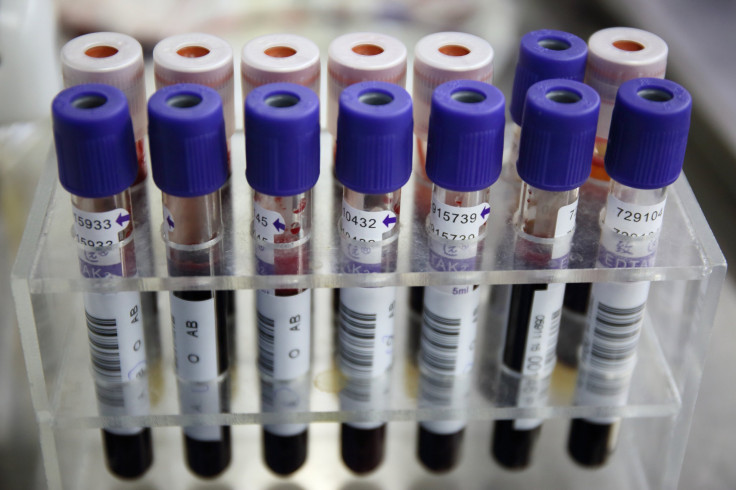FDA Recommends Lifting Lifelong Ban On Blood Donations By Gay, Bisexual Men

The U.S. Food and Drug Administration (FDA) on Tuesday issued new draft guidelines recommending that a decades-old policy imposing a blanket ban on blood donations from men who have sex with men be removed. Instead, the agency suggested, a man should be barred from giving blood only for one year after he has had sex with another man.
“Male donors previously deferred because of a history of sex with another man, even one time, since 1977, may be eligible to donate provided that they have not had sex with another man during the past 12 months and they meet all other donor eligibility criteria,” the FDA wrote, in the draft proposal.
FDA’s current policy, which has been in place since 1992, prohibits blood donations by men who have had sex with men at any time since 1977. This is because of an increased risk of exposure to and transmission of certain infectious diseases, including HIV, during gay sex. According to the Centers for Disease Control and Prevention, although men who have sex with men represent about 4 percent of the male population in the U.S., they accounted for 54 percent of all people living with HIV infection in 2011.
Critics of the ban, which includes the American Medical Association (AMA), have labeled it “discriminatory and not based on sound science” and called for blood donation bans that are applied according to individual levels of risk instead of sexual orientation alone. On Tuesday, the AMA called the publication of the revised guidelines “a step in the right direction.”
“The AMA's policy supports using scientifically-based deferral periods that are consistently and fairly applied to donors based on their risk level,” the organization said, in a statement. The move was also welcomed by the American Red Cross, AABB and America’s Blood Centers -- three organizations that dominate the blood bank industry in the nation.
The new rules, if implemented, would bring the FDA donor deferral policy for gay and bisexual men in line with the rules currently in place in several other countries, including Australia, Sweden and the U.K.
© Copyright IBTimes 2024. All rights reserved.






















